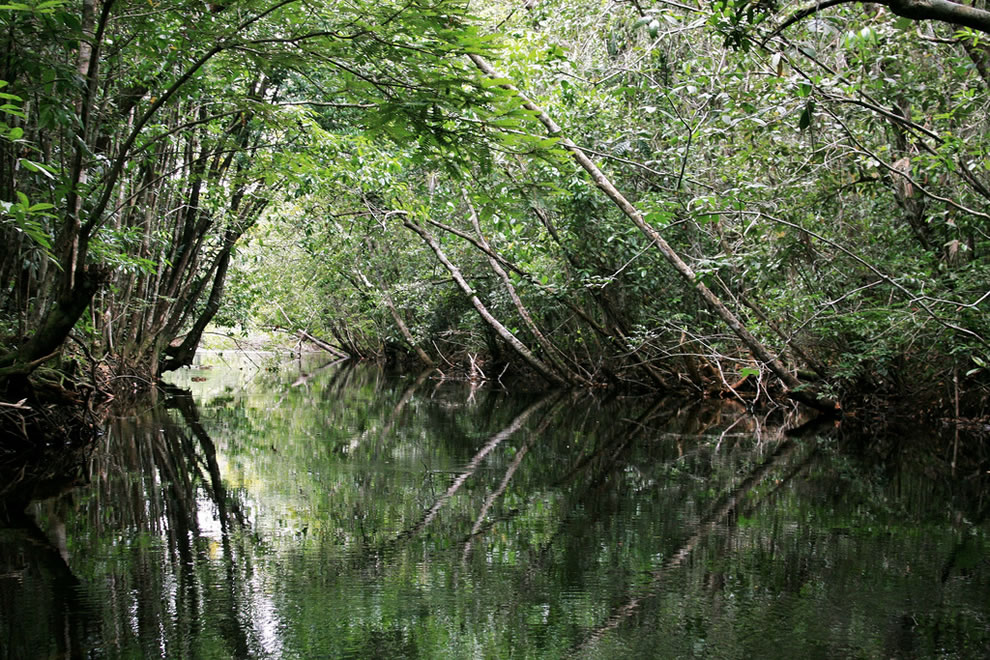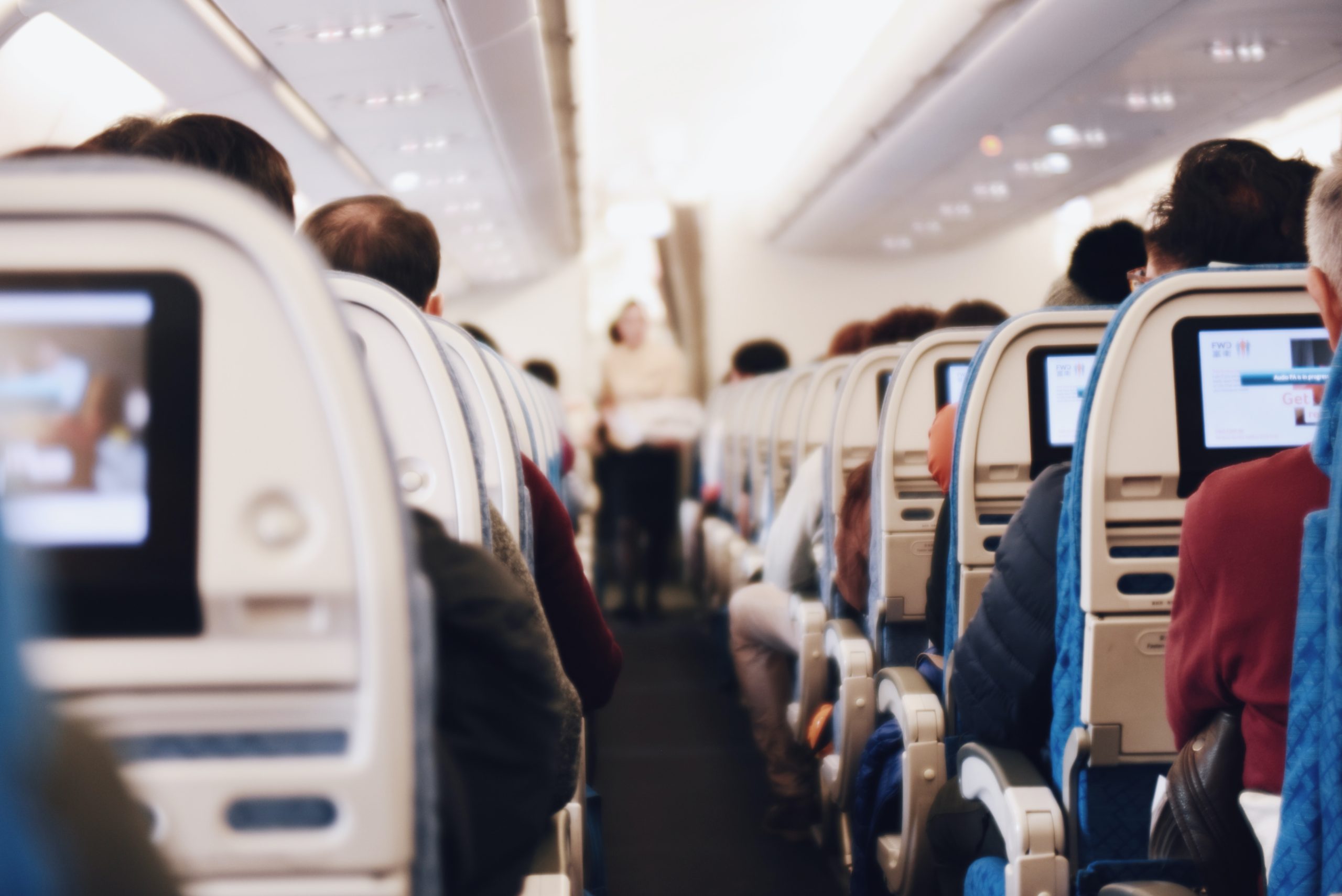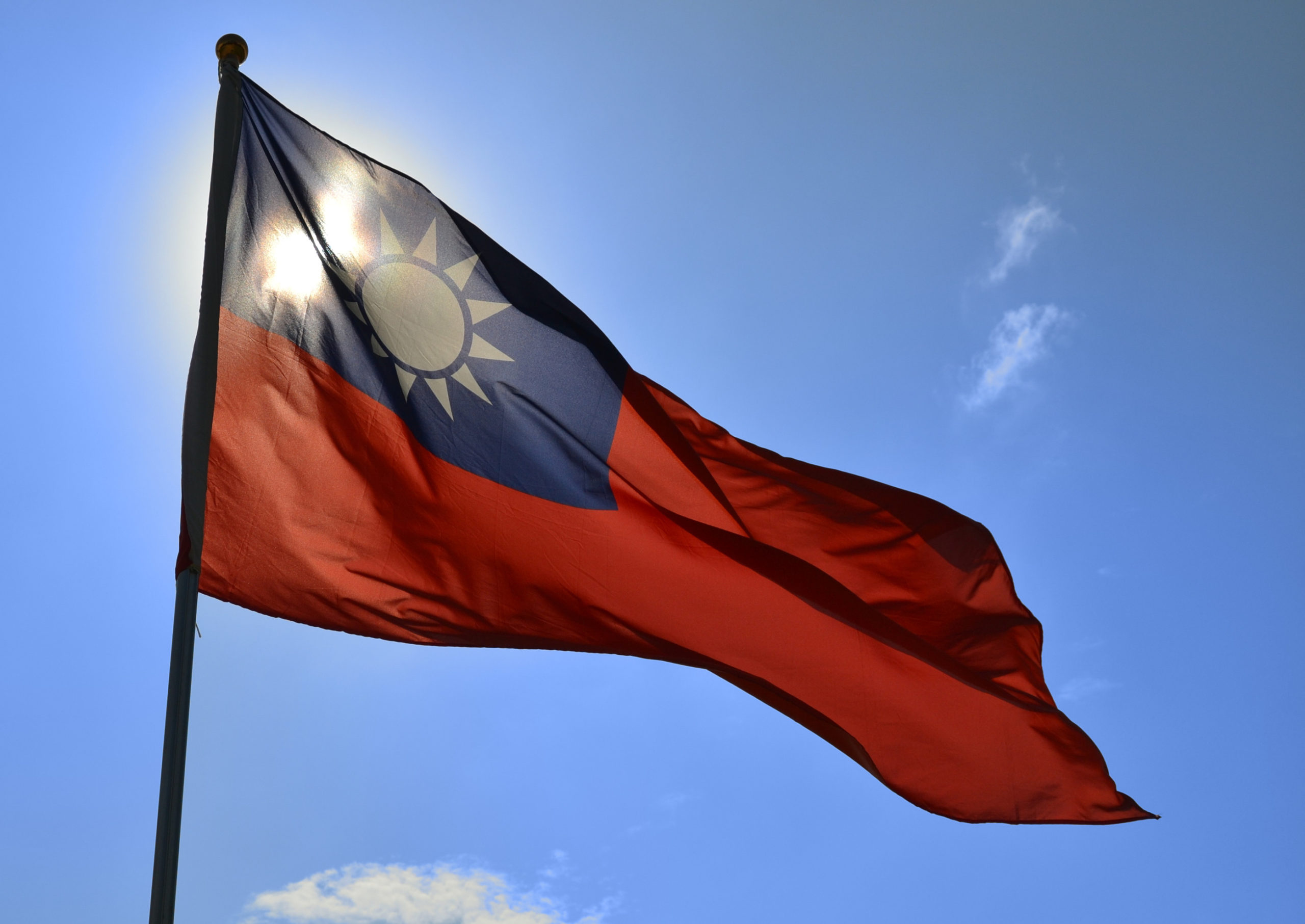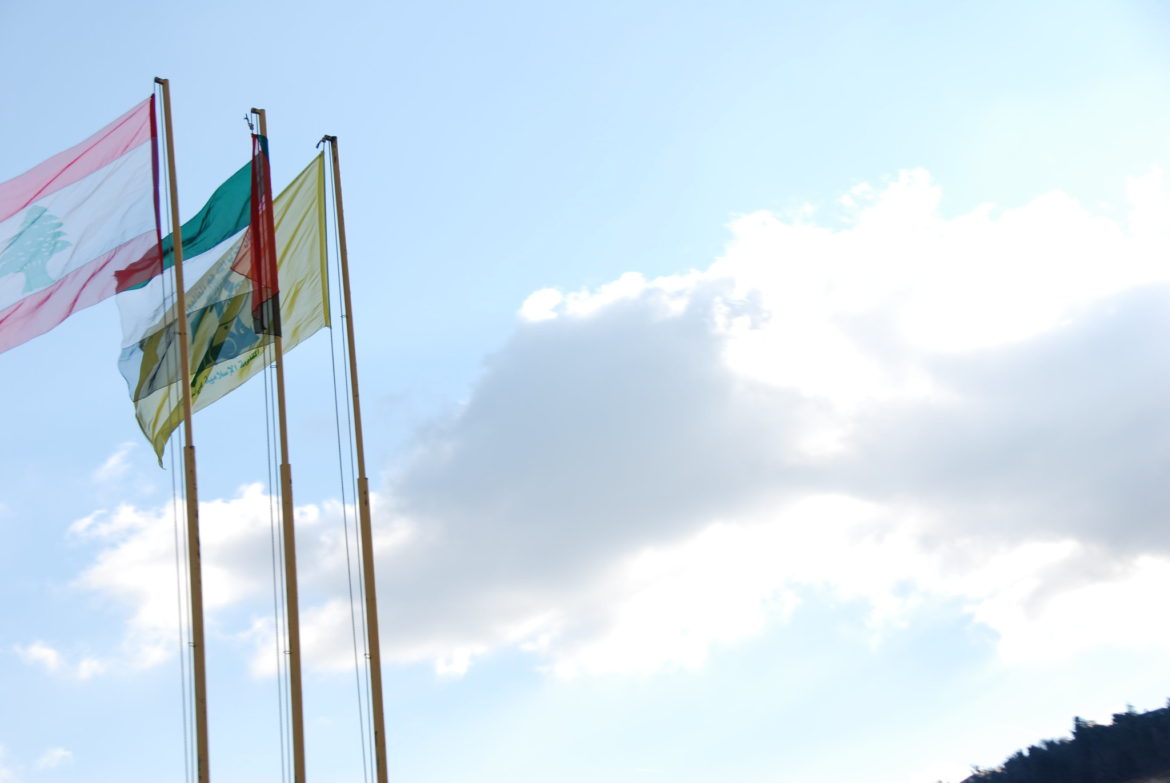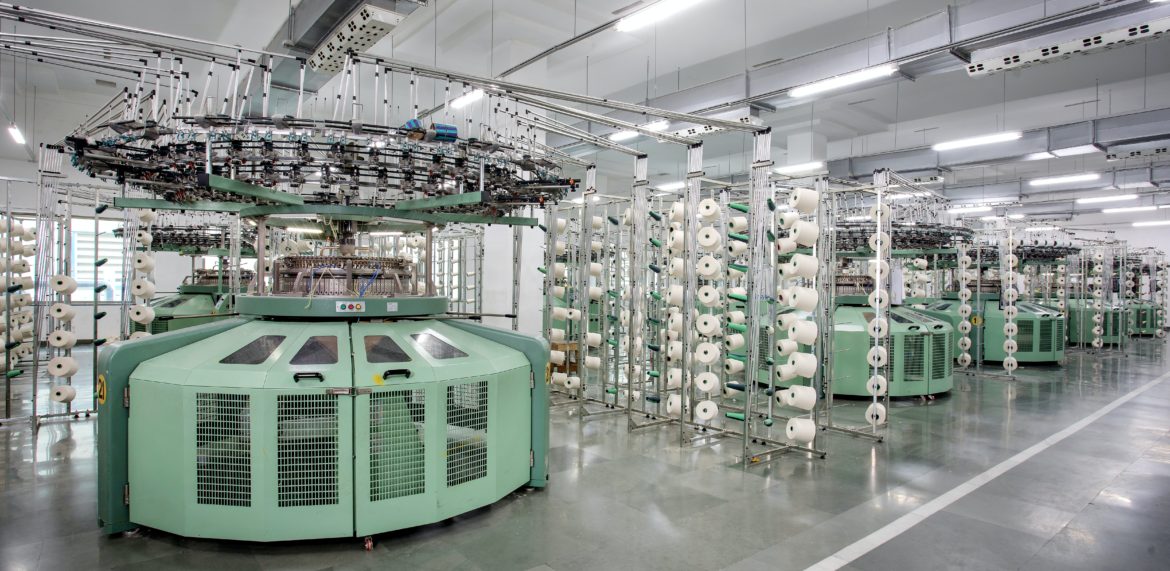Category: Economics
This international conflict is encapsulated by these significantly destructive past events, including but not limited to the collapse of the Soviet Union, Russia’s annexation of Ukraine’s Crimea, among other territorial disputes, and recurring attacks on each other’s army personnel.
The Preservation of Slavery: Injustice in the American Justice System
In 1865, the United States congress passed the 13th amendment, seemingly ending slavery within the country. However, despite what many people believe, the practice of slavery endures within the United States. Although the 13th amendment prohibits the enslavement of most … Continue reading
Pénurie de main d’œuvre au Royaume-Uni : le pouvoir aux travailleurs et aux étrangers ?
La majorité des travailleurs étrangers ont été découragés par les nouvelles réglementations post-Brexit. La majorité d’entre eux a donc renoncé à revenir sur le territoire, et le Royaume-Uni fait face depuis début septembre à une grave pénurie de main-d'œuvre.
The True Price of Gold: The Implications of Illegal Gold Mining in the Amazon
In early October, two young Indigenous boys drowned while playing on the banks of a river in the Amazon River Basin. At face value, this story stands as a tragic accident. Nonetheless, it is representative of a much darker reality: the impacts illegal gold mining has had on the Indigenous people and their land.
The COVID-19 Pandemic: Spreading but Not Travelling
Globally, the negative repercussions of the ongoing COVID-19 pandemic have been experienced by numerous sectors that contribute to the world’s economy, including international travel and tourism. Border closures and restrictions regarding non-essential travel in an attempt to contain the virus heavily affected such travel rates and the accompanying industries within these sectors, resulting in millions of jobs lost, a decline in tourism, and a substantial loss in the GDP - both worldwide and within nations.
The Canadian Labour Shortage: Who is to Blame?
It is not that Canadians are unwilling to accept work; rather, they are unwilling to accept the conditions offered to them for the payouts received. Canadians are no longer eager to receive low salaries for dead-end service and hospitality jobs.
Taiwan: Is “Meaningful Representation” Possible?
Through the lens of history, Taiwan has always been a part of China - will history repeat itself or will Taiwan pave a new way?
Lebanon’s Seemingly Endless Search for Stability
Today, Lebanon is feeling the effects of a war it is fighting against no one, but itself. Its economy has plummeted and social unrest has been a key repercussion of everything that has gone on over the past two years. A sense of lawlessness has erupted and altercations between different ethnic groups have become increasingly prevalent for the first time in over 30 years, corresponding to the end of the last major internal crisis the nation of Lebanon has dealt with.
Automation and Post-Scarcity: ‘Utopia’ for the Global North, But What About the Global South?
Automation could lead to an era where the necessity of labour would be minimal. While this situation could alleviate the needs of many, the path to getting there could create issues in the relationship between the Global North and the Global South by radically altering the face of foreign direct investment.
From The Sick Man of Asia To Economic Miracle: China’s Poverty Alleviation Program
Reflecting on the 40 years of exploration, it is clear that China uses its unique approach of centralized management, intensive and targeted goals, and strategically adapts to local conditions to transform from an insignificant global economic competitor to the second-largest economy in the world.




